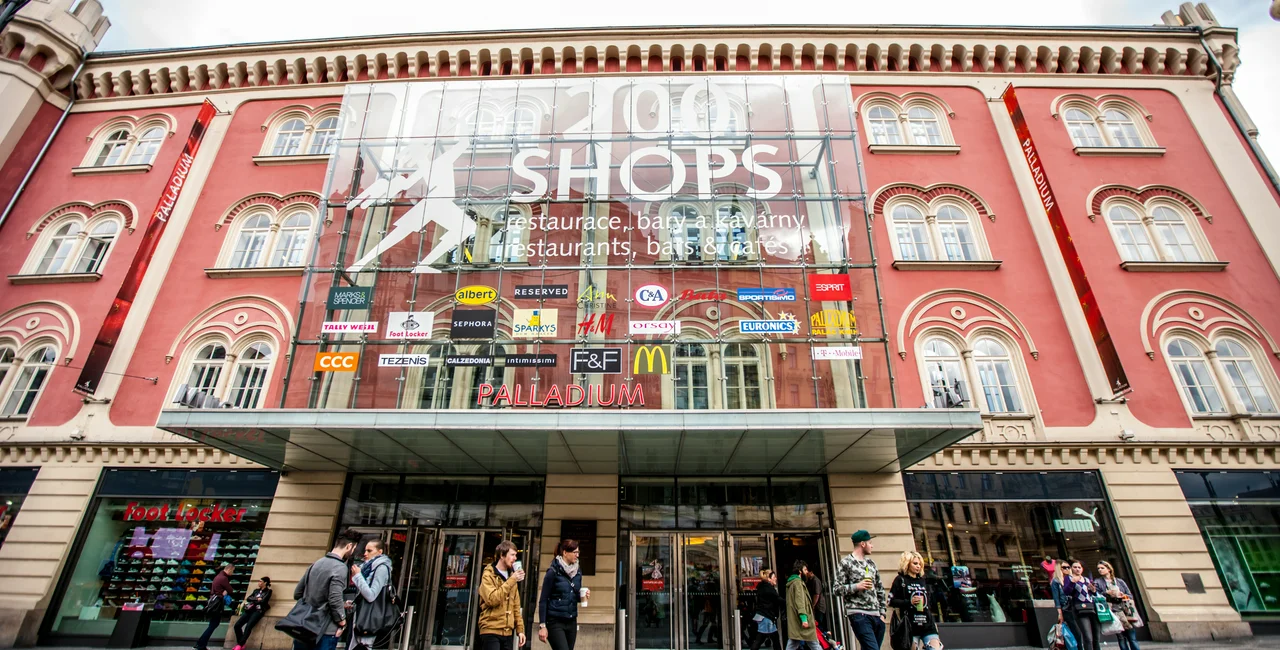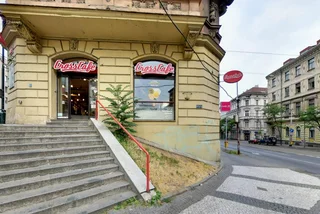Number of new COVID cases highest since Jan. 8
On Tuesday, there were 12,486 confirmed COVID cases, the most since Jan. 8. There were 6,711 hospitalized with COVID on Tuesday, 1,196 of whom in a serious condition, which was almost the record number, according to the data released by the Czech Health Ministry this morning. The number of the hospitalized in a serious condition is approaching the maximum recorded in early November. On November 3, there were 1,200 hospitalized. At present, there are 165 free beds for COVID patients. On Wednesday morning, Health Minister Jan Blatný will give a press conference on the spread of the infection and the overcrowding of hospitals.
Govt. to decide on reopening shops
Deputy Prime Minister Karel Havlíček and Health Minister Jan Blatný have agreed on conditions for opening shops as of Feb. 22 under clearly defined conditions. The government should decide in a matter of days. Shop staff would have to wear respirators, while customers would only need face coverings. There would also be a restriction on the number of shoppers, currently 15 square meters per person, and available disinfection. Services such as hairdressing and pedicure will probably have to wait until the beginning of March, for a possible second wave of relaxation. Indoor dining at pubs and restaurants so far is not included in the plans.
Govt. seeking COVID tests for schools
The Interior Ministry has turned to suppliers and producers of six types of antigen tests that could be used at schools as of March 1, when some older pupils are expected to return. The tests are based on a shallow nasal swab stick that children could do themselves. Millions of tests will be needed for weekly testing. In the first phase, about 100,000 pupils and teachers should be affected. The manufacturers have announced that it will take about a month to deliver a larger number of tests. While some Czech schools are trialing gargle-and-spit COVID tests, the Health Ministry has confirmed that swab testing will be used.
School COVID self-tests still need approval
Teachers will not test the pupils, the children would take the collection themselves. None of the tests are currently approved for self-sampling by the Health Ministry, and their producers would have to apply for approval. However, the ministry must approve the self-collection for these tests, which has not yet happened. Otherwise, the collection would have to be done by a trained worker. Tests would be done twice a week.
“I believe that we will find the right combination of tests that will enable children to return to school safely and to be able to keep them in schools until the end of the school year,” Health Minister Robert Plaga said.
Children should return to school in phases
Graduating high school students would return to classes on March 1, according to the latest government plan. The rest of high school students are to return to practical classes from March 8. Pupils in the ninth grade of elementary school are due to start on March 15. This is a change from what was announced on Feb. 16. The need for tests is calculated from 267,440 per week with the first wave to 913,156 per week after the start of all three waves. The schedule does not indicate when further grades will go back to school.
SÚKL recommends Regeneron’s anti-COVID drug
The State Institute for Drug Control (SÚKL) recommended that anti-coronavirus drug by pharmaceutical firm Regeneron be used in the Czech Republic even though it has not been registered yet. The drug, based on a combination of two monoclonal antibodies, is meant for high-risk outpatients. Experts say the drug must be administered as soon after the infection as possible, but it does not have to be efficient against other mutations of the virus. Currently, the Czech Republic has only one approved drug against COVID-19, Remdesivir from the Gilead Sciences and orders thousands of doses a month.
PES index drops to fourth level
The PES epidemic index is at 72 points out of 100, which corresponds to the fourth degree of alert in Czechia after being on the fifth level for three days, but the reproduction number R number rose from 1.06 to 1.08, according to the Health Ministry's data released this morning. The five-point drop was caused by a lower share, under 45 percent, of the people, whose coronavirus infection has been proven in a hospital only. The reproduction number R grew from 1.06 to 1.08. It has stayed above 1.00 since the beginning of February. Should it drop under 1.00, it means the epidemic is slowing down.
Latest COVID-19 data from the Czech Ministry of Health (Feb. 17, 2021)
- Active cases 106,211
- New cases 12,486
- Deaths 18,596
- Currently hospitalized 6,171
- PCR tests performed 5,007,347
- Antigen tests performed 2,146,803
- Reported vaccinations 483,833












 Reading time: 3 minutes
Reading time: 3 minutes 




























